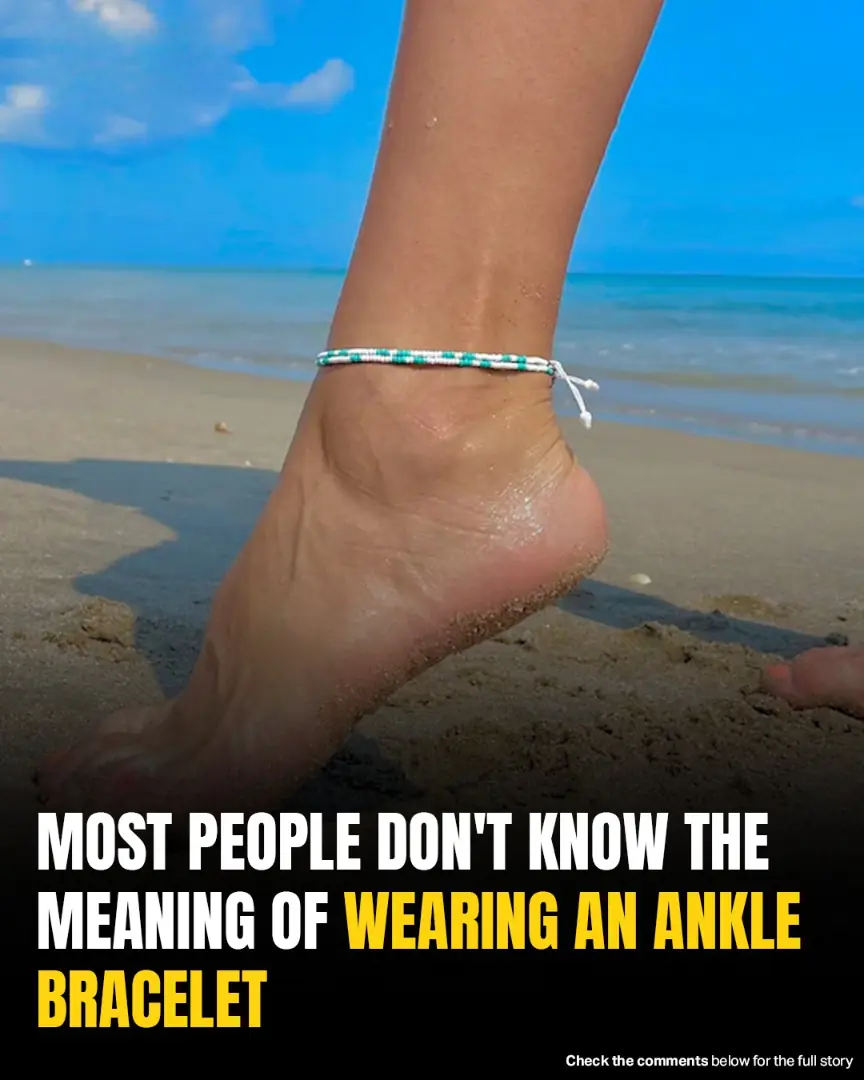
Scientists Warn Rogue Star Could Knock Earth Out Of Orbit, Triggering Global Freeze
Hollywood films concerning the end of the world abound, from Armageddon to the Day After Tomorrow.
If a worldwide apocalypse is imminent, what may be the cause of the extinction of all life on Earth?
Researchers think they may have the solution at last, and it could be a gruesome end for humanity.
According to a recent study, scientists from the University of Bordeaux and the Planetary Science Institute believe that a passing star might throw Earth out of orbit.
Additionally, without the Sun to keep us warm, all inhabitants, including humans, would perish from freezing to death.
Fortunately, this is quite unlikely to occur.

The team estimates that there is a one in 500 probability that Earth will be thrown out of orbit by a passing star during the next five billion years.
“We find a 0.3% chance that Mars will be lost through collision or ejection and a 0.2% probability that Earth will be involved in a planetary collision or ejected,” the team wrote in their study.
Scientists have been wondering how the Earth might end for decades.
Catastrophic events might include nuclear war, a huge asteroid impact, a wandering black hole, the emergence of killer robots, or the reversal of our planet’s magnetic field.
Nathan Kaib and Sean Reynold set out to determine whether passing stars could be the cause of their recent study, which was published in arXiv.
“The long-term dynamical future of the Sun’s planets has been simulated and statistically analyzed in great detail,” the pair explained.
“But most prior work considers the solar system as completely isolated, neglecting the potential influence of field star passages.”
Over the course of the following five billion years, the two performed hundreds of simulations of our solar system with passing stars in order to address this question.
The eight planets in our solar system, together with the dwarf planet Pluto, are “significantly less stable than previously thought,” according to their alarming calculations.
According to models, Pluto has the highest possibility of being lost due to a collision or ejection, with a five percent chance.
Earth has a 0.2% risk of being thrown out of the solar system, whereas Mars has a marginally better chance of 0.3 percent.
The scientists say that the most dangerous stars to watch for are those that pass near 100 times the distance from the sun as Earth does.
The simulations indicate that for the next five billion years, there is a five percent possibility of such a close encounter.
“In summary, passing stars can alter the stability of the planets and Pluto as well as the secular architecture of the giant planets over the next 5 Gyrs [5 billion years,” the authors concluded.
“Their significance on the solar system’s dynamical future largely depends on the strength of the most powerful stellar passage over this time span, which is uncertain by orders of magnitude.”
“This uncertainty in the Sun’s future powerful stellar encounters means that the spectrum of future secular evolution and planetary instabilities is broader than that implied by isolated models of solar system evolution.”
News in the same category

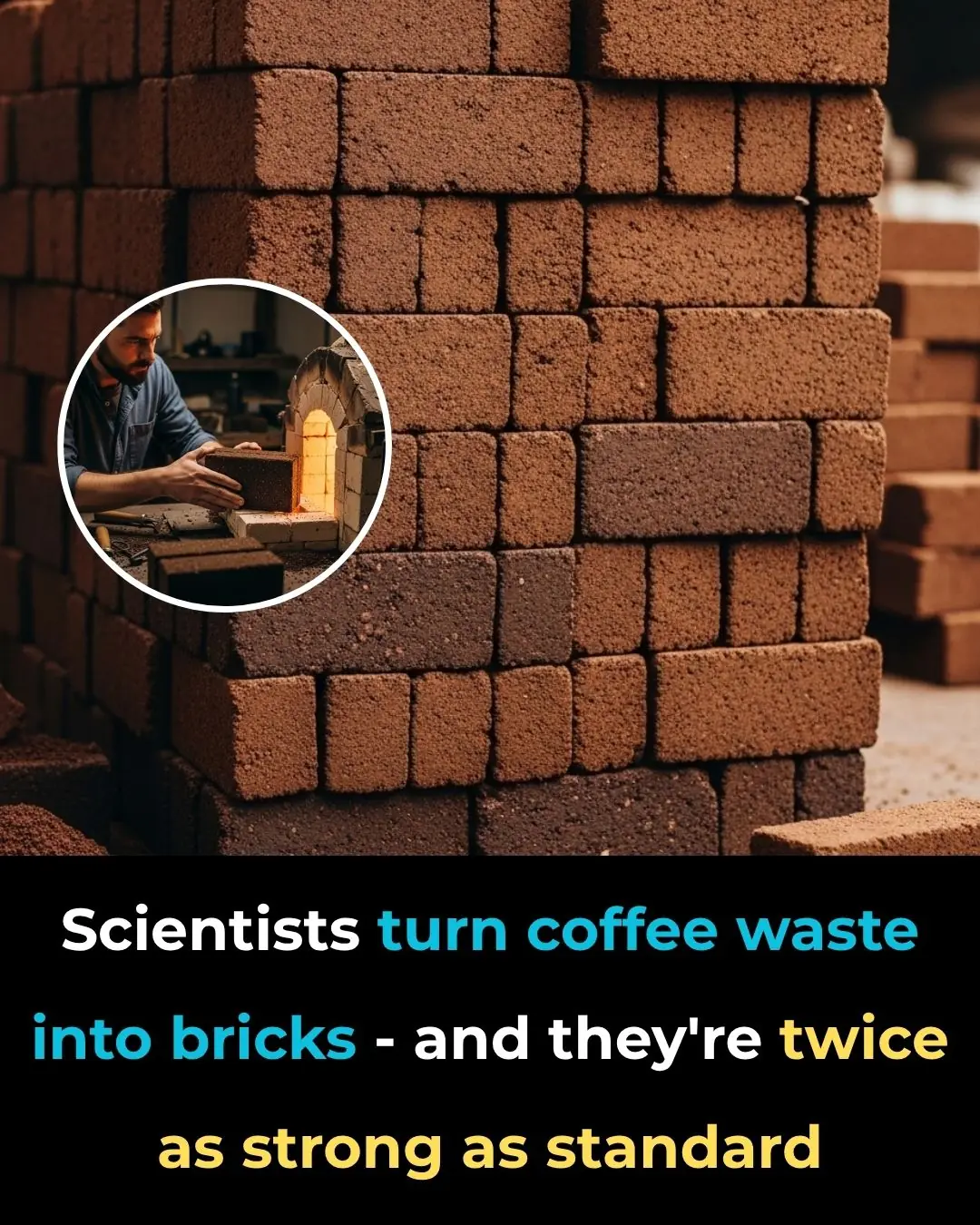
Scientists Turn Coffee Waste Into Bricks—And They’re Twice as Strong as Standard

The Amount of Electricity Now Being Generated From Solar Is Unbelievable

Scientists Turn Coffee Waste Into Bricks—And They’re Twice as Strong as Standard

Study Reveals Reading is a Complex, Flexible Brain Process Involving Multiple Interacting Neural Networks

Australia Is Using 3D Printers To Save Coral Reefs, And The Fish Are Already Moving In

Planet Earth Has Been Spinning Faster Lately

Goodbye Nursing Homes! The New Trend Is CoHousing With Friends
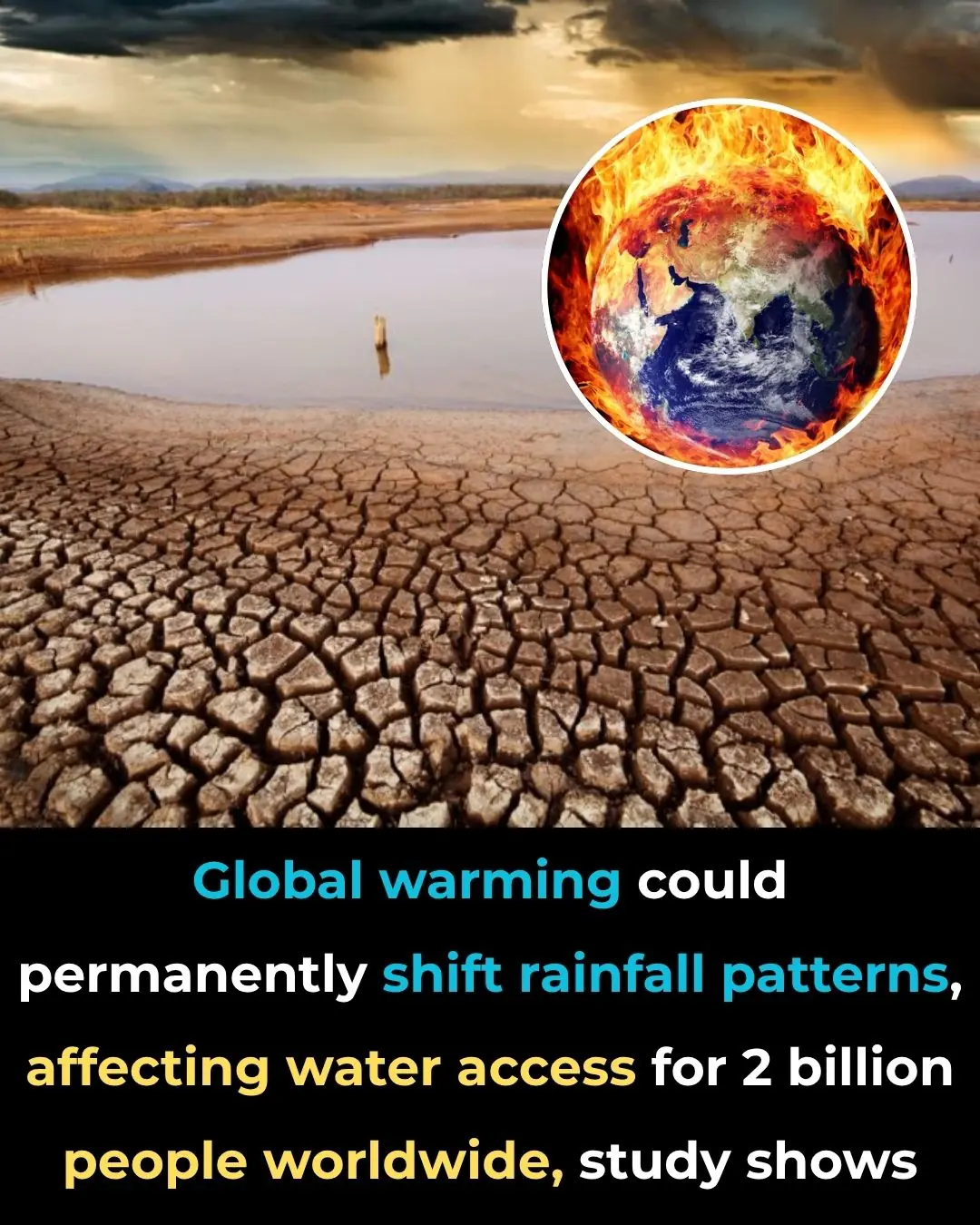
Global warming could permanently shift rainfall patterns, affecting water access for 2 billion people worldwide, study shows.

The Amount of Electricity Now Being Generated From Solar Is Unbelievable
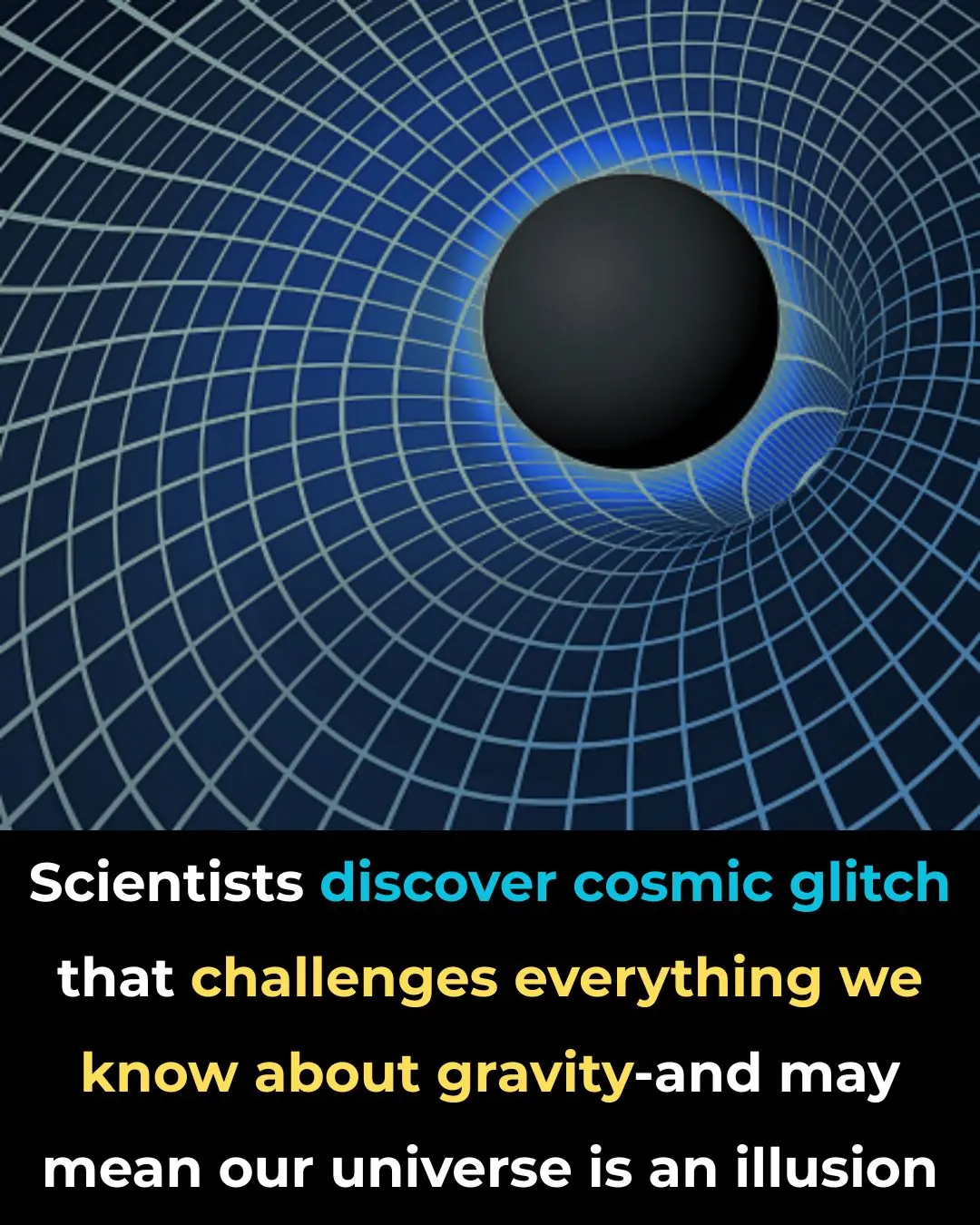
Scientists Discover Cosmic Glitch That Challenges Everything We Know About Gravity—And May Mean Our Universe Is an Illusion
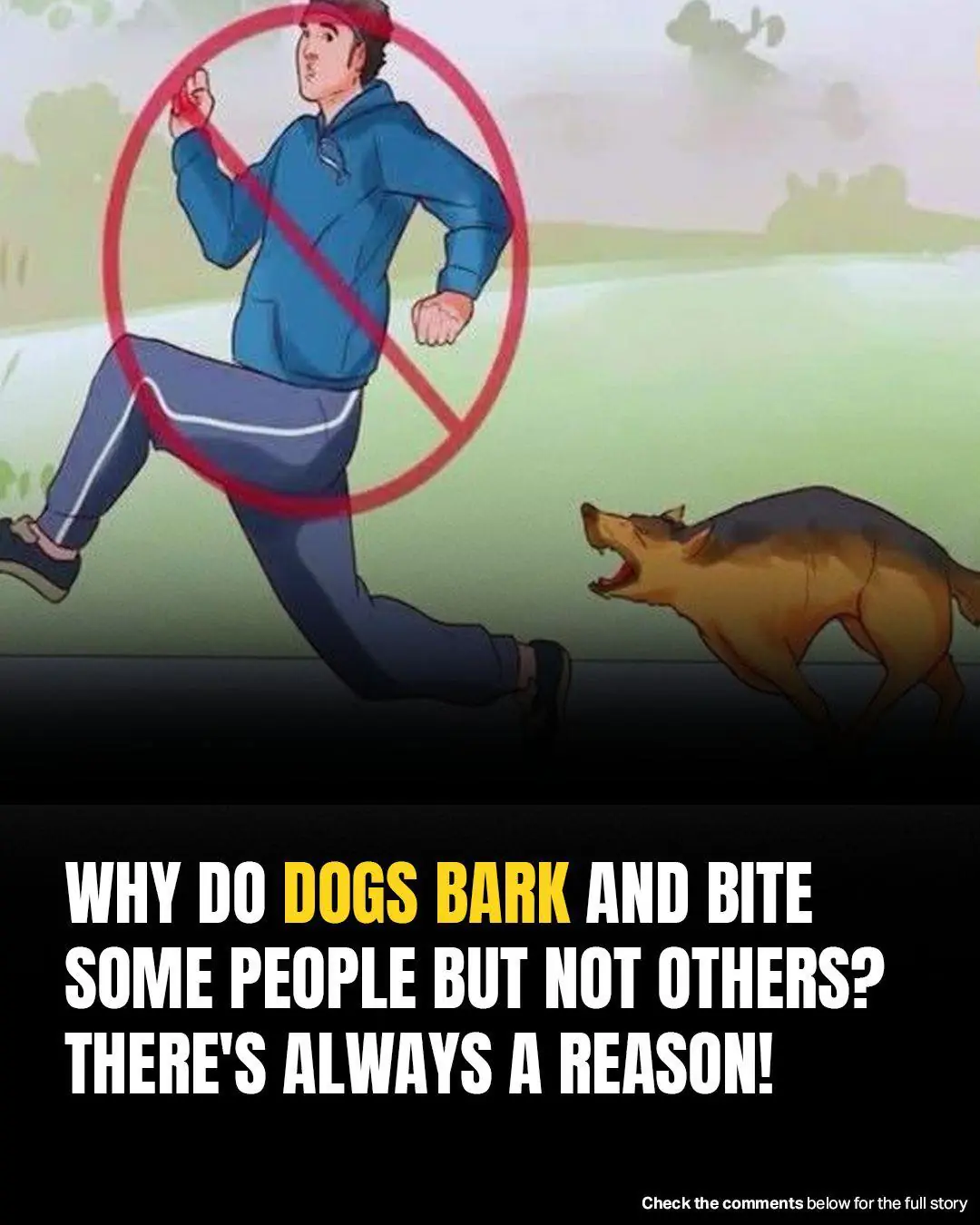
The Reason Dogs Chase People? Causes And Care Tips From A Vet
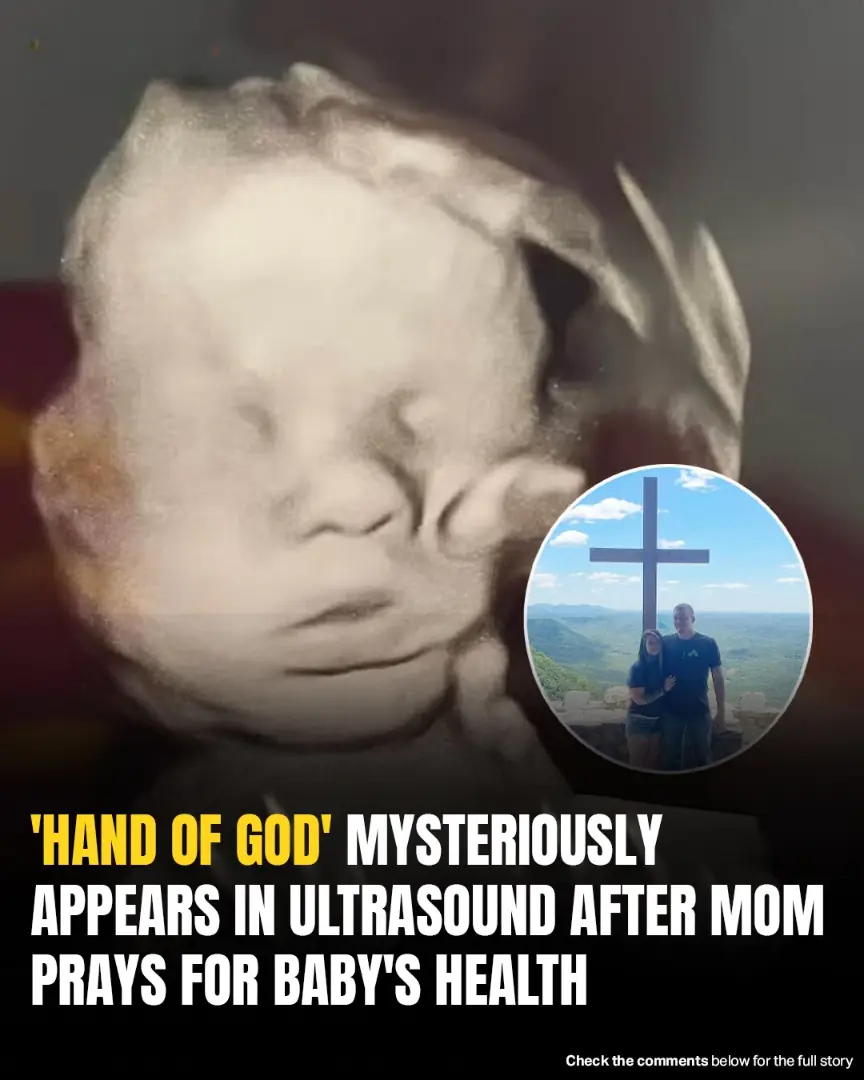
‘Hand Of God’ Appears In Ultrasound After Mom’s Prayer For Baby’s Health

The story behind the tiny pocket on your jeans

Tsunami Warning Issued After Monster 7.3 Earthquake — Americans Evacuate Coastal Areas

Tips for Keeping Dogs Safe During Fireworks Celebrations

Buzz Aldrin ‘Admits’ Moon Landing Was Fake? Here’s What He Actually Said
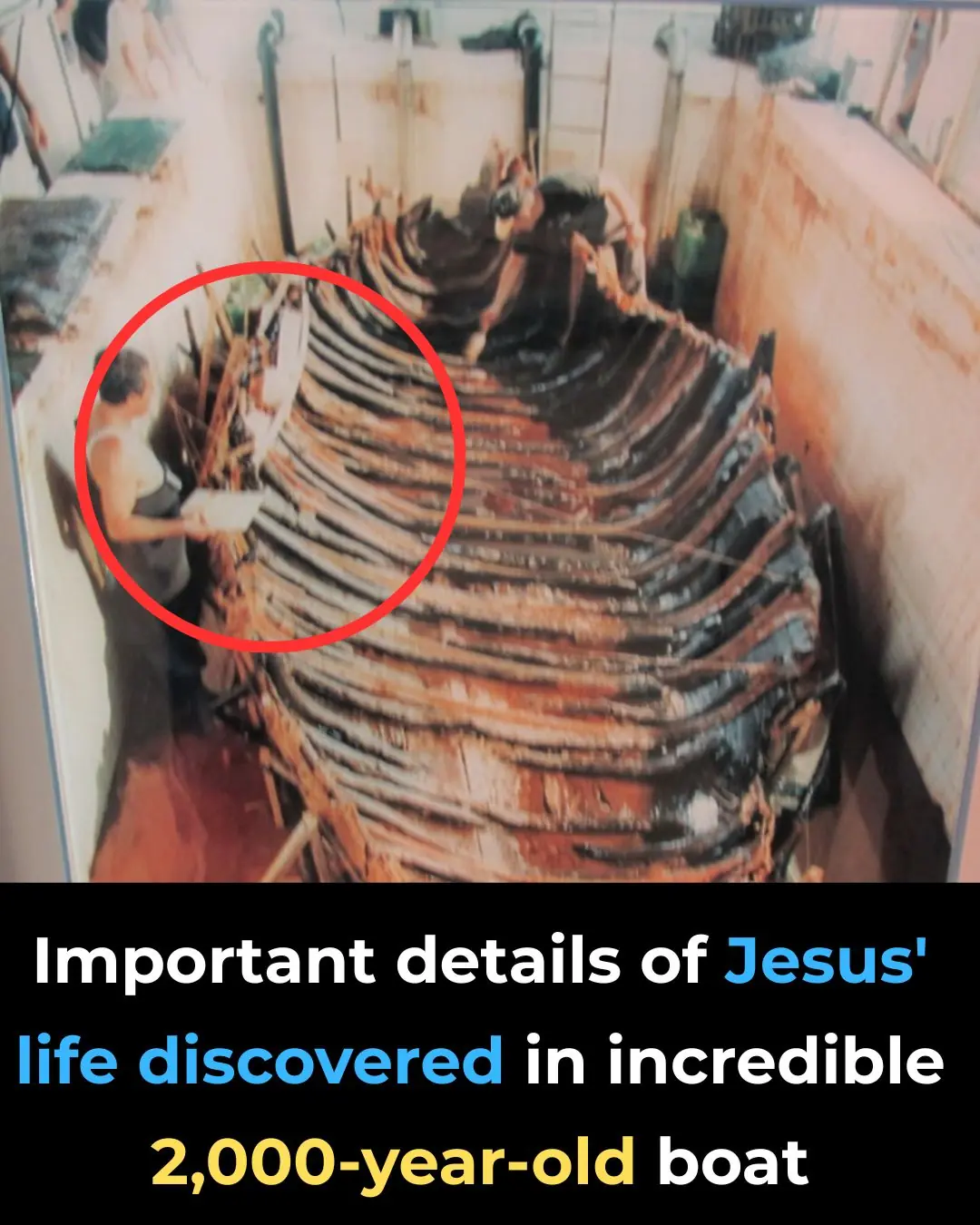
Archaeologists Unearth 2,000-Year-Old ‘Jesus Boat’ Near Sea Of Galilee
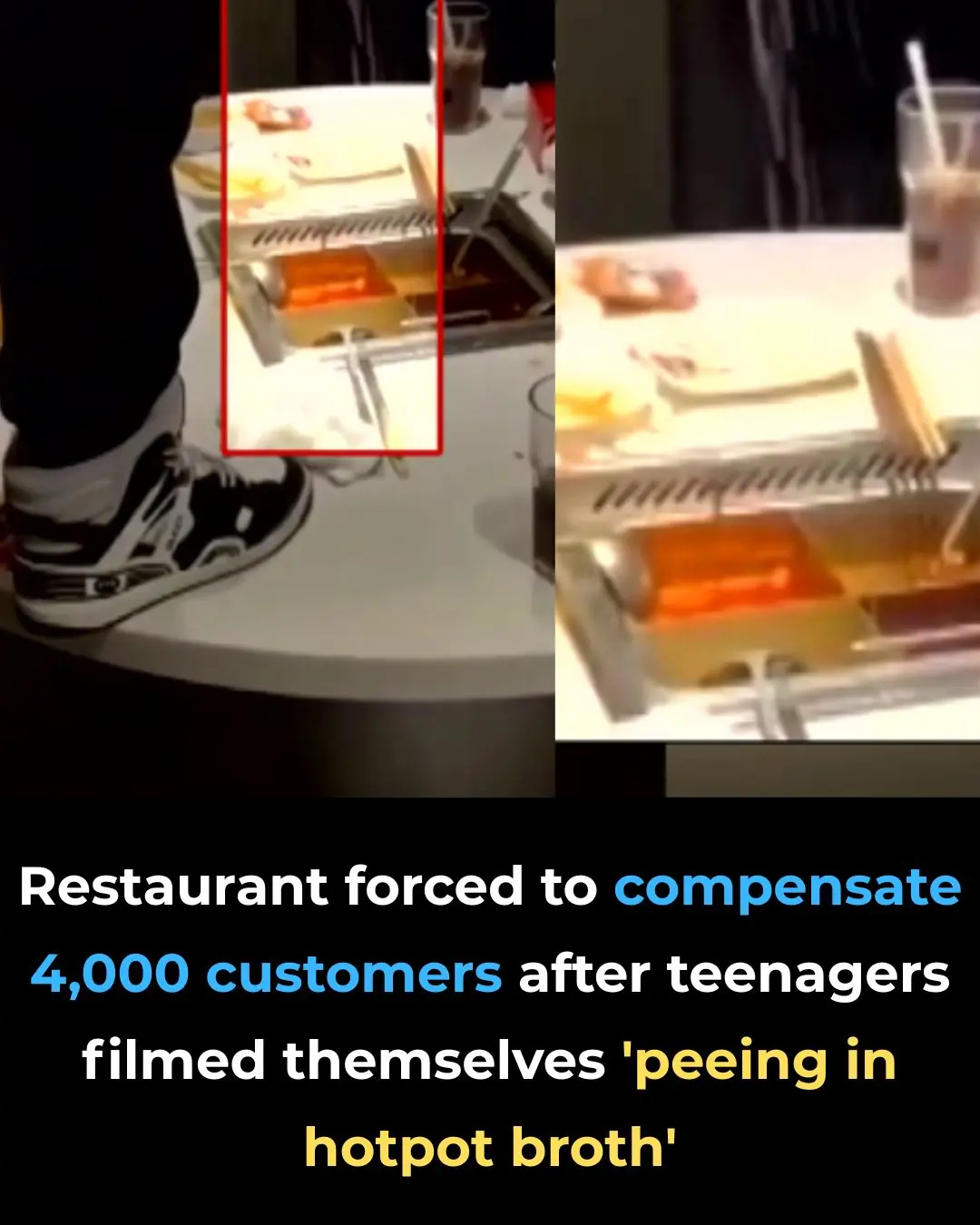
Restaurant Forced to Compensate 4,000 Customers After Teenagers Filmed Themselves ‘Peeing in Hotpot Broth’
News Post
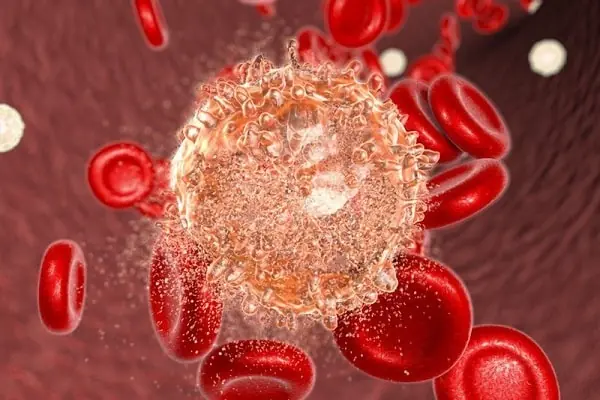
Warning from Hospitals: Eating This Type of Meat Every Day Can Increase Cancer Risk – Don’t Be Complacent!
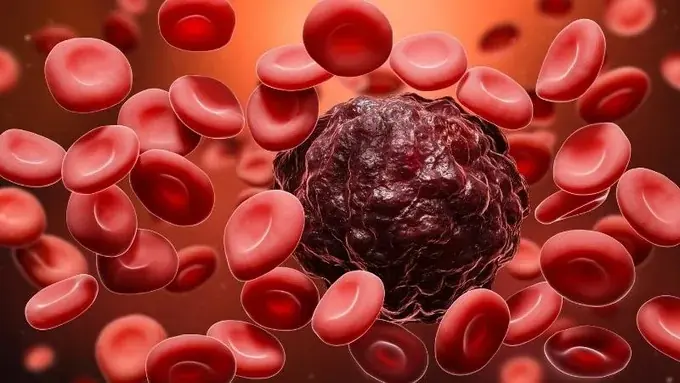
3 Pain Areas on the Body That Could Signal Early-Stage Cancer: Don’t Delay, or It Could Spread

What Your Ankle Bracelet Really Says About You — It’s More Than Just Jewelry
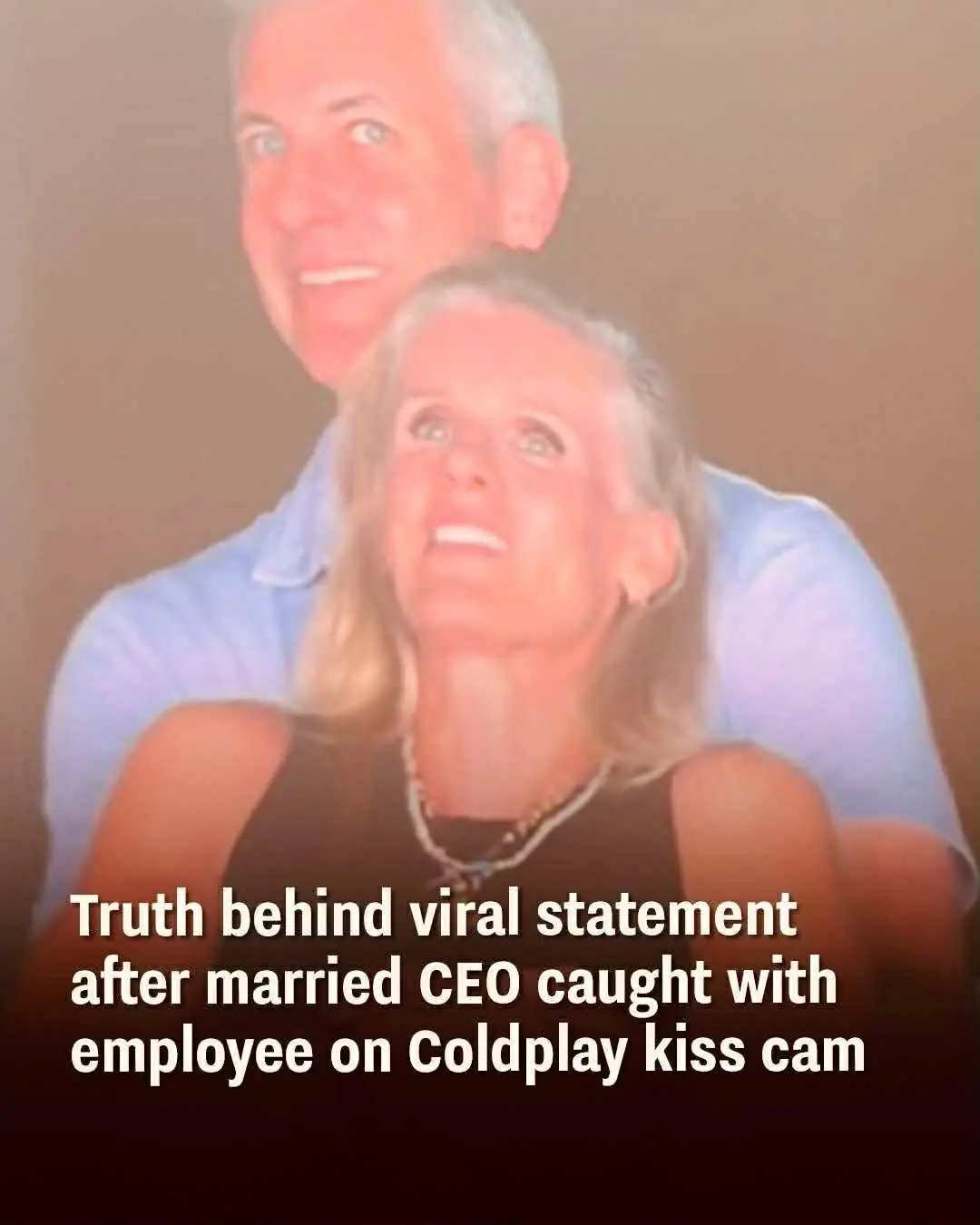
Truth behind viral statement after married CEO caught with employee on Coldplay kiss cam

DIY Okra Face Gel Recipe for Radiant, Firm Skin: Collagen Boosting Skincare Solution for Glowing Skin
By incorporating this okragel into your nightly skincare routine, you can enjoy smoother, firmer, and more radiant skin in just a few simple steps.

Homemade Rice Face Cream: A Simple, Natural Skincare Solution to Achieve Radiant Glass Skin in 7 Days
It’s time to create the DIY rice face cream that will help you achieve glowing, glass-like skin in just 7 days.
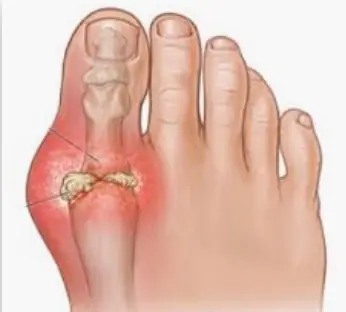
Natural Solutions for Gout: Tackling Uric Acid to Prevent Pain

Don't Ignore These 15 Common Cancer Symptoms: A Guide to Early Detection
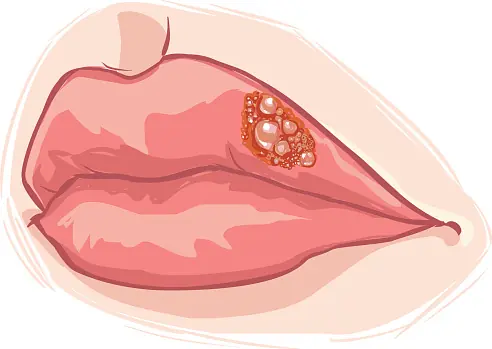
5 Hidden Nutritional Deficiencies You Likely Have (and How to Fix Them)

Scientists Turn Coffee Waste Into Bricks—And They’re Twice as Strong as Standard

The Amount of Electricity Now Being Generated From Solar Is Unbelievable

3-Year-Old Girl Bites and Swallows Mercury from a Broken Thermometer — Her Mother’s Quick Thinking Saves Her Life and Earns Praise from Doctors
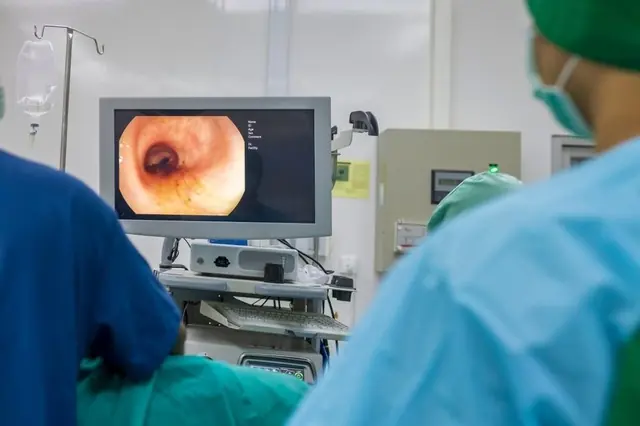
More and More Young People Are Suffering from Colon Cancer — Doctors Warn: Eat Less of These 3 Things!
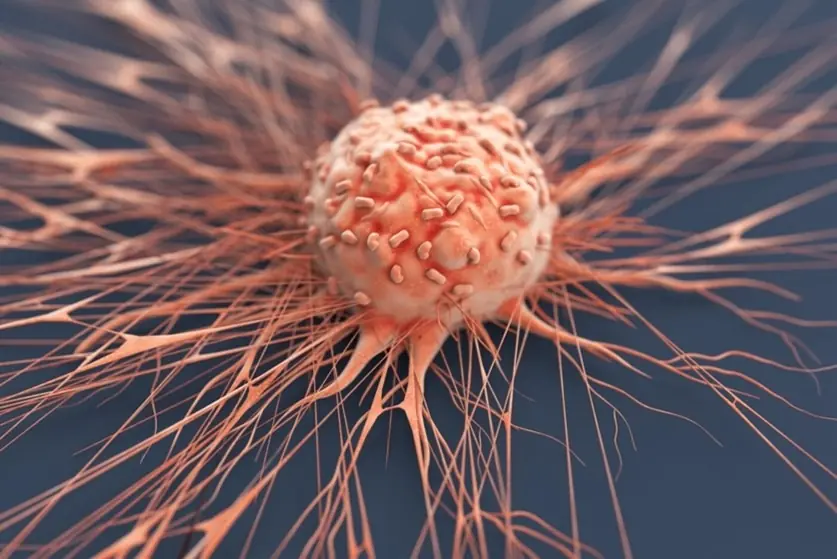
Diagnosed with Late-Stage Stomach Cancer, I Painfully Realized: 3 Foods Left Too Long in the Fridge Were the "Accomplices"

Scientists Turn Coffee Waste Into Bricks—And They’re Twice as Strong as Standard

Study Reveals Reading is a Complex, Flexible Brain Process Involving Multiple Interacting Neural Networks

Australia Is Using 3D Printers To Save Coral Reefs, And The Fish Are Already Moving In

Planet Earth Has Been Spinning Faster Lately

Goodbye Nursing Homes! The New Trend Is CoHousing With Friends
